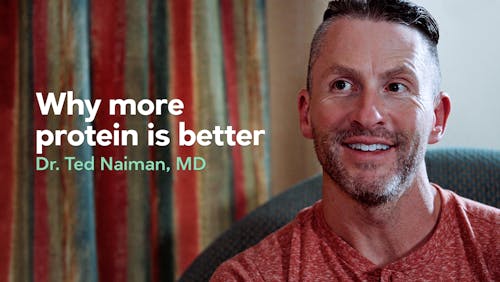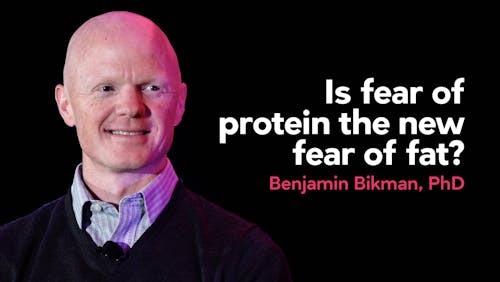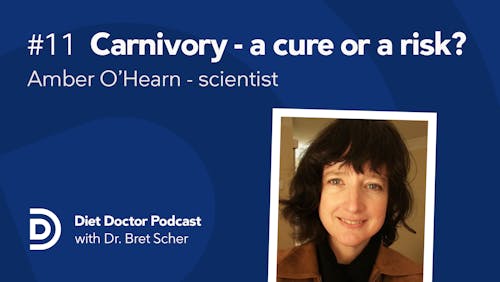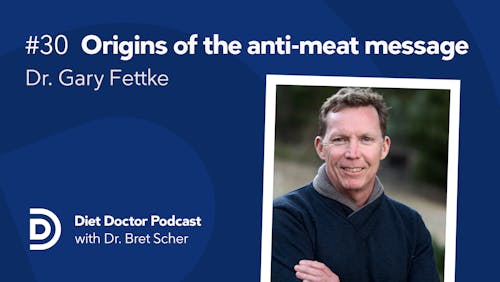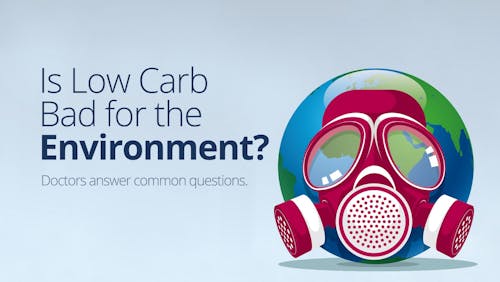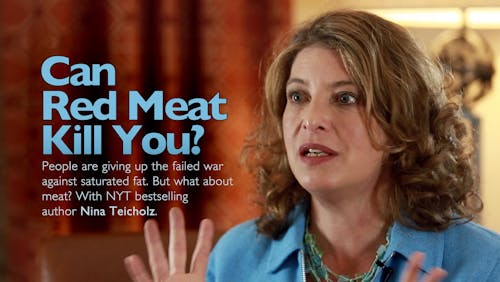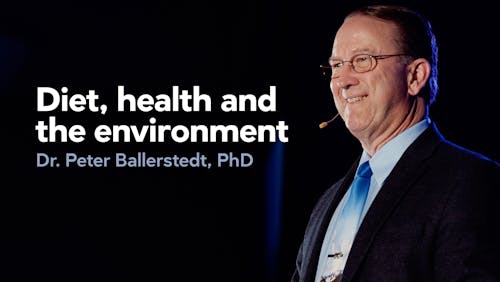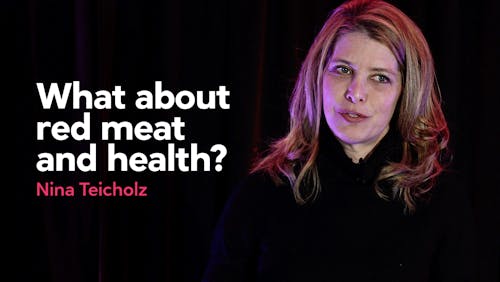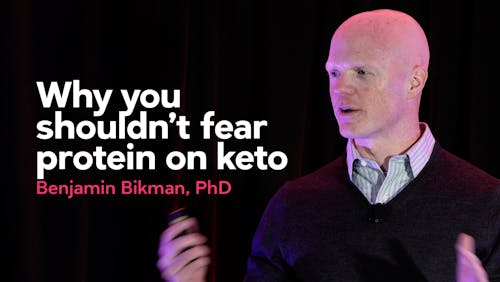Weak associations from new meat study grab headlines

In October 2019, we covered a series of studies showing that quality evidence does not support the association between red meat or processed meat and the risk of heart disease or dying. It was refreshing to see these papers, published in the prominent journal Annals of Internal Medicine, focus on both scientific quality and evaluating the actual impact of the science on individuals.
After all, when we are making decisions for our health, that’s what we care about most — ourselves as individuals. It may sound “selfish” to phrase it that way, but how else could we see it? We need to know what we can do to improve our health, or as clinicians, what we can recommend to an individual patient to help improve their health.
Now, a new study comes out that changes the message and shows the opposite: that eating more red meat and processed meat truly are harmful to our health.
CNN: Red and processed meat are not ok for health, study says, despite news to the contrary
Before we get into the details of the study, let’s begin with the coverage. Here are two conflicting quotes from the CNN article. The first: “The increase in absolute risk is so small that it is unlikely to be relevant for the individual.” Yet CNN quotes the author later in the article: “Our study shows the link to cardiovascular disease and mortality was robust.” Sounds like a serious difference in perspective.
Now, let’s get into the details of the study itself to see which holds true. This work was a complication of six observational studies involving 29,000 individuals published in JAMA Internal Medicine. The researchers found a statistically significant increased risk of heart disease or death in those who ate the most red meat or processed meat compared to those who ate the least.
What was the difference? Were they big enough to qualify as a meaningful finding from an observational study (usually believed to be a risk ratio of 2.0 or greater)?
Not even close. These were some of the smallest risk ratios of any study that I have seen get media attention. The largest risk ratio for processed meat was 1.11, and with unprocessed meat it was 1.04. Barely a 10% increase (keep in mind, the risk ratio for the association between smoking and lung cancer was more than 30!). When looking at the absolute risk data, the increased risk was just 0.1% over 10 years.
Seeing such razor-thin risk ratios in an observational study tells us the data has a high likelihood of being false and meaningless. But let’s dig even deeper. Were the cohorts evenly matched, or could healthy-user bias have had an impact on the results?
As we have seen with many prior studies (such as this one we covered last year), the group that ate the most meat was, at the start of the study, the least healthy overall. They were the only group with more men (and guess what, men get heart disease and die younger than women), they had less education, they were more likely to be current smokers, and they ate 1,100 more calories than the lowest group of meat eaters. 1,100 more calories!
Scientists can attempt to control for these variables, but it is an inexact science, and it says nothing of all the factors for which they cannot control. Plus, what about the rest of the subjects’ diets? Because if someone is eating 1,100 more per day, my guess is that it wasn’t all broccoli and steak. Once again, the authors try to control for this, but when data comes from food frequency questionnaires, the accuracy of adjustments is limited.
In the end, this is another clear example of an observational study with so many problems with data interpretation that the results have no meaningful impact on how we should choose to live our lives. That won’t keep the modest outcomes from getting their fair share of media attention. But hopefully, now you are well informed, and can bypass the catchy headlines and realize the quality of science matters. And this study’s findings do not matter for you, as an individual, wanting to improve your health.
Thanks for reading,
Bret Scher, MD FACC
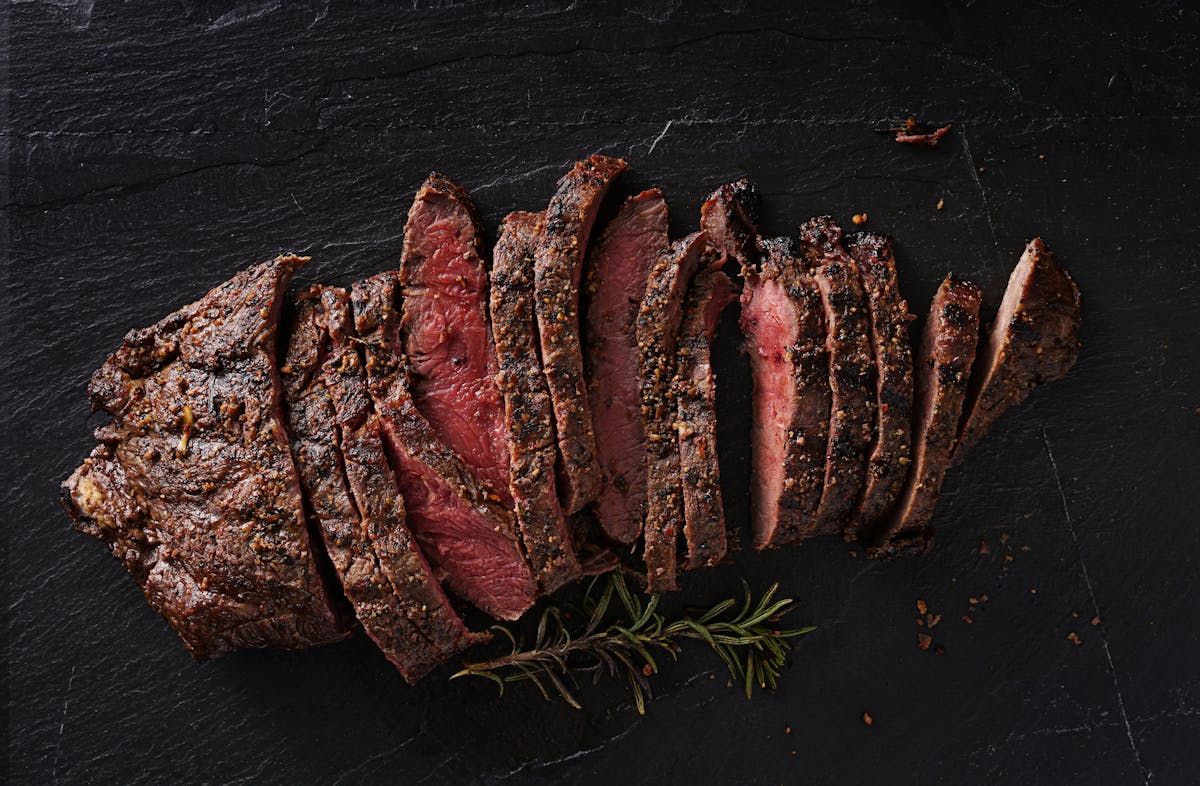

Guide to red meat – is it healthy?
GuideIs red meat healthy or harmful? Should you enjoy it freely on your low-carb, keto diet, or limit your consumption? Depending on which expert you ask, those questions may receive a very different answer. However, has a truly strong link between red meat and heart disease, cancer, or other diseases been established?
Earlier
Journal firestorm: JAMA documents orchestrated backlash
